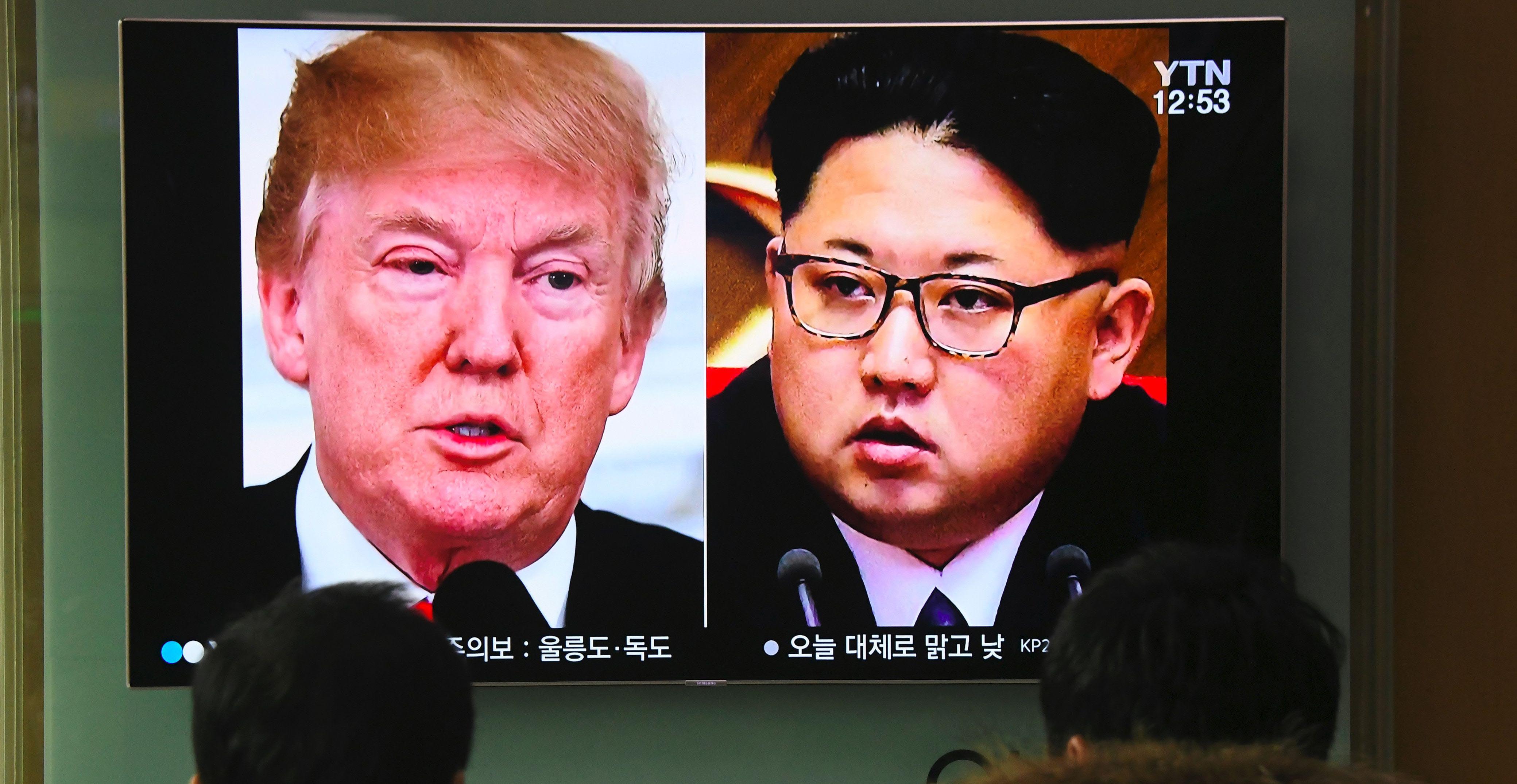
Summit Silver Lining: Absence of North Korean Provocations Continue
There has been much criticism of President Trump’s impulsive actions and the unconventionality of the Singapore Summit. However, absent a complete breakdown of the encounter between the leaders, the summit is likely to produce a negotiation process between the United States and North Korea that will implement the mandates laid out by the leaders on denuclearization, security assurances, and a peace process on the Korean peninsula.
Post-summit spinning will support/criticize the summit’s outcome, but according to Beyond Parallel datasets on negotiations and provocations, the negotiation process that follows the summit is likely to have a stabilizing effect on overall relations in the sense that North Korean provocations and demonstrations in the form of missile tests and nuclear device detonations will remain unlikely. The Beyond Parallel study on negotiations and provocations shows that:
- There appears to be some correlation between periods when the U.S. is at the negotiating table with North Korea, in a bilateral or multilateral setting, and a decrease in DPRK provocations in the over 25-year period since negotiations over North Korea’s nuclear program began.
- The ratio of negotiations to provocations is highest under North Korean leader Kim Il-sung from 1990 to 1994. The ratio of negotiations to provocations is lowest under North Korean leader Kim Jong-un from 2012 to the present.
- There has been an absence of North Korean provocations since the ICBM test on November 29, 2017, a year on which North Korea conducted 20 ballistic missile tests and one hydrogen bomb test in President Trump’s first year in office.
- Whether the U.S. president is a Democrat or Republican, party control of the White House appears to have no effect on the pace of North Korean provocations.
- The absence of missile tests or other kinetic provocations does not necessarily suggest a halt in North Korean weapons development or a reduction of the overall nuclear threat. But, diplomacy does seem to have some restraining effect on the number of provocations carried out.

-
– 2017 under Trump: 20 ballistic missile tests and no negotiations
-
– 2018 under Trump: No ballistic missile tests and six negotiation events (publicly known)
Headline image credit: Getty Images 2018.
